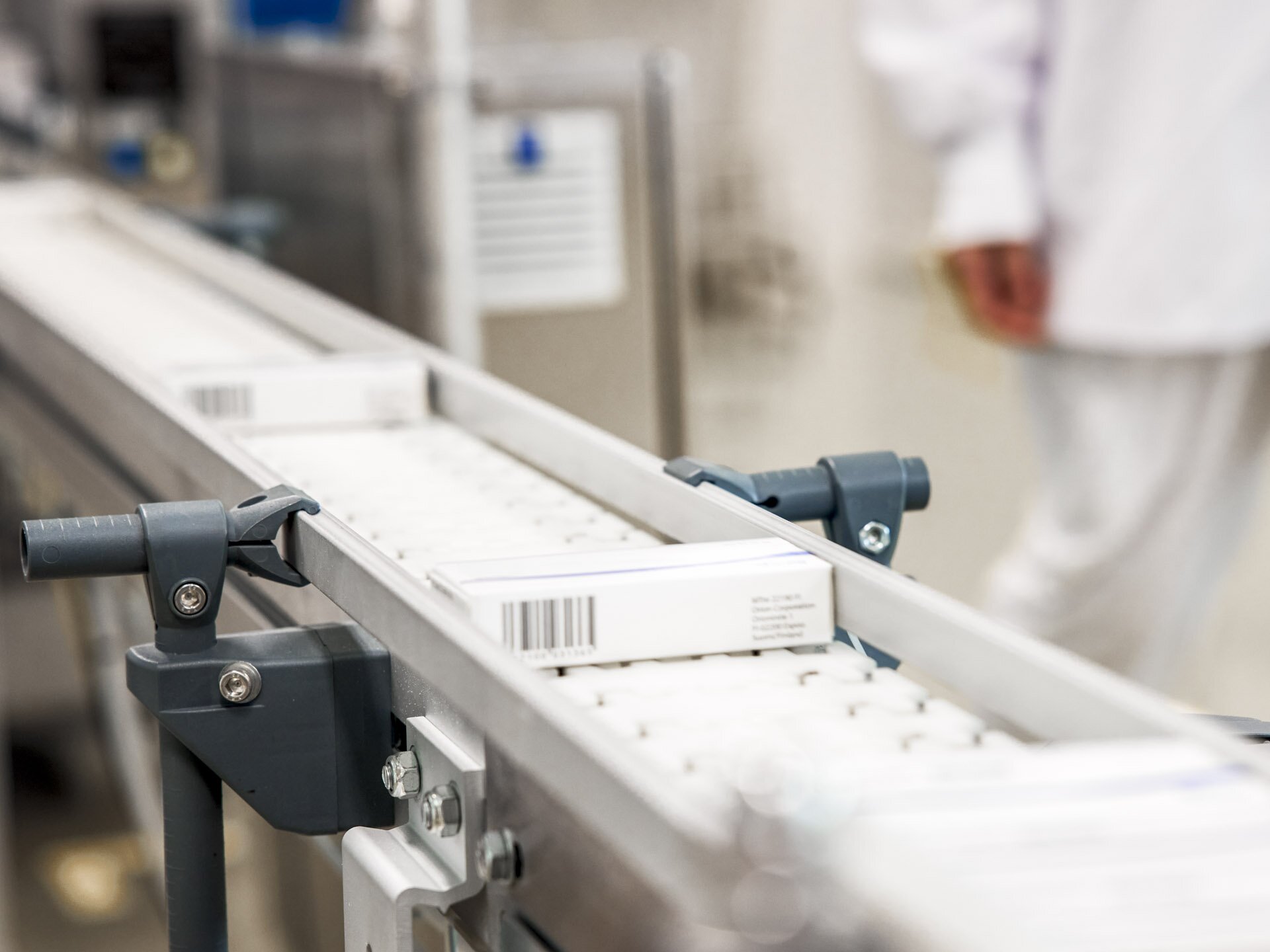The initial results of the MIDEX and PRODEX studies conducted by Orion Corporation with dexmedetomidine indicate that dexmedetomidine met its first primary endpoint in providing similar sedation in intensive care compared to midazolam and propofol, the standard ICU (intensive care unit) sedative agents, in patients requiring light to moderate sedation for mechanical ventilation. The second primary endpoint, time to the end of mechanical ventilation of the patients was statistically significantly reduced by dexmedetomidine compared to midazolam but did not reach statistical significance compared to propofol. Safety findings were consistent with the known effects of dexmedetomidine and no significant new safety concerns were detected. Based on the overall positive results, Orion plans to apply for a European marketing authorisation for dexmedetomidine. Orion currently estimates that the file could be submitted to the EMA (European Medicines Agency) by the end of 2010.
Study setting and initial results
Orion Corporation has conducted a clinical Phase III research program in ten European countries comprising altogether 1,000 patients to evaluate dexmedetomidine for sedation of long-stay intensive care patients, with a purpose to receive European regulatory approvals for dexmedetomidine.
The program consisted of two very similar Phase III double-blind, randomised clinical studies, MIDEX and PRODEX, comparing dexmedetomidine with standard sedative drugs. The effectiveness of sedation and the duration of mechanical ventilation were measured as the two primary endpoints in both studies. The MIDEX study compared dexmedetomidine against midazolam. In PRODEX, the comparator was propofol. Five hundred medical and surgical ICU patients requiring light to moderate sedation to tolerate mechanical ventilation to a maximum of 14 days were included in each study with an expected treatment period of at least 24 hours and with a maximum dexmedetomidine dose of 1.4 μg/kg/hour. After treatment, the patients were followed up for up to 45 days.
The initial results of both MIDEX and PRODEX studies indicate that dexmedetomidine met it's first primary endpoint in providing similar sedative efficacy compared to both midazolam and propofol. The other co-primary endpoint, i.e. the time to the end of mechanical ventilation of the patients, was statistically significantly reduced compared with patients sedated with midazolam but did not achieve statistical significance compared to propofol. Safety findings were consistent with previous data and, overall, no significant new safety concerns were identified following up to 14 days treatment with dexmedetomidine. Further analysis of the results of the studies is ongoing.
Dexmedetomidine
Dexmedetomidine is a sedative agent originated by Orion's pharmaceutical R&D. The product is available as Precedex in the USA since 2000 and Japan since 2004, where the distributor is Hospira under Orion's license. Dexmedetomidine is a relatively selective alpha2-agonist which acts on the central nervous system to produce sedation. It is the only alpha2-agonist approved in the US for continuous IV sedation of initially intubated and mechanically ventilated patients during treatment in an intensive care setting, at a maximum dose of 0.7 μg/kg/hour for up to 24 hours. In the US, dexmedetomidine is, since 2008, also indicated for sedation of non-intubated patients prior to and/or during surgical and other procedures, at a maximum dose of 1.0 μg/kg/hour.
Orion Corporation
Timo Lappalainen Olli Huotari
President and CEO SVP, Corporate Functions
Contact persons:
Starting from 1 pm EET: Professor Reijo Salonen, Senior Vice President, Pharmaceutical R&D, phone +358 50 966 3647
Until 1 pm: Jari Karlson, CFO, phone +358 10 426 2883 or gsm +358 50 966 2883
Publisher:
Orion Corporation
Communications
Orionintie 1A, FI-02200 Espoo
Homepage: www.orion.fi
Orion is an innovative European R&D-based pharmaceutical and diagnostic company with a special emphasis on developing medicinal treatments and diagnostic tests for global markets. Orion develops, manufactures and markets human and veterinary pharmaceuticals, active pharmaceutical ingredients and diagnostic tests. Orion's pharmaceutical R&D focuses on the following core therapy areas: central nervous system drugs, cancer and critical care drugs, and Easyhaler® pulmonary drugs. The Group's net sales in 2009 amounted to EUR 772 million. The Company invested EUR 95 million in research and development. At the end of 2009, the Group had a total of 3,100 employees, of whom 2,500 worked in Finland and 600 in other European countries. Orion's A and B shares are listed on NASDAQ OMX Helsinki.







